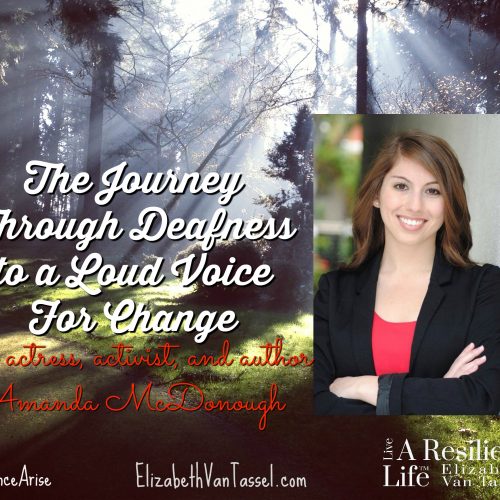
In honor of #storieswithstephfeb19 – An encouraging friend – When I think of someone inspiring, I consider actress Amanda McDonough and her new book #readytobeheard – How I lost my hearing and found my voice. Amanda and I met at a writer’s conference and I was immediately drawn to her sunshine personality and positivity. It was only when she moved her hands with sign language that I realized she had hearing issues. 🤘🏻
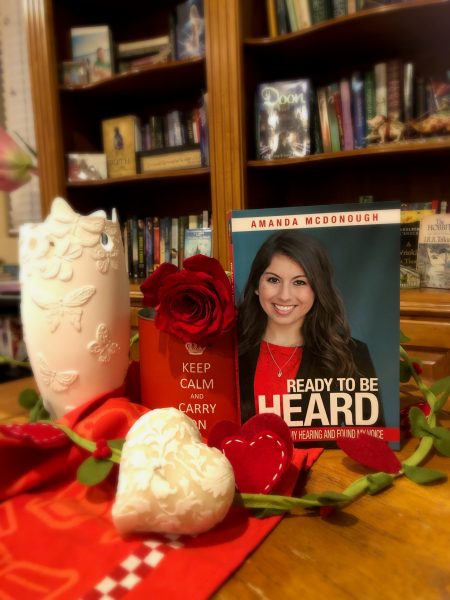
The main character in my middle grade fantasy is hard of hearing, so I felt honored when Amanda shared her story of waking one day to complete deafness, and hiding it for years from family by being and expert lip-reader until all she had to communicate was her ability to write. Now she spreads the message of self-acceptance and gently helps others understand and encourage those with the same challenge. Although Amanda has had to survive multiple surgeries and issues, her willingness to encourage me as an author, or answer a specific question, or just share a special smile has never curbed. My interview with her is on my YouTube channel HERE and I’ve re-posted her guest blog this week. ✨link in bio ✨You may also have seen her in a 7-Up commercial or on ABC’s #SwitchedAtBirth TV series. She’s active on stage and in media, and I’m so honored to call her a friend.
Repost from 2017
I met Amanda McDonough when we were involved in some media work together and was truly touched and amazed (to put it mildly) by her amazing journey through deafness. Since I have a fantasy manuscript with a deaf main character I’m working on getting published, I wanted to know more about her life. When you meet her, what you’ll notice first isn’t her hearing aids or even her gorgeous smile. It’s her bright sense of vivaciousness and joy. Amanda is truly one of the most positive people I’ve met and is so authentic about her struggles and also how much she enjoys acting life. It’s only when you realize much later that she’s lip-reading everything you say and is gently educating you about deaf culture that you can begin to appreciate the present that she is to everyone she meets or touches with her work. For years, Amanda hid her deafness, but eventually had to face reality as she awoke one day having lost her hearing completely. Now she’s a wonderful actress on television, movies, and commercials, and is such an inspiration as she shares her story as part of the Let Resilience Arise series. Be sure to scroll down for some behind-the-scenes candids on the set of Switched At Birth and other exciting spots.
By Amanda McDonough
“Be kind, for everyone you meet is fighting a battle you know nothing about.” -unknown
I recently gave a speech at a local high school to a group of kids who were handpicked by their teachers because they were each going through something in their personal lives that was affecting their schoolwork or relationships with their peers.
In high school, it is easy to look at the pretty, popular, cheerleader and think she has it all. It is easy to look at the straight A honor student and think that academics simply come naturally to them. It is easy to label people, make assumptions based on clothing, even feel jealousy or envious of our peers. It is much harder to show kindness and not to jump to conclusions. No matter how perfect someone may seem on the outside, everyone has their own personal obstacles to overcome.
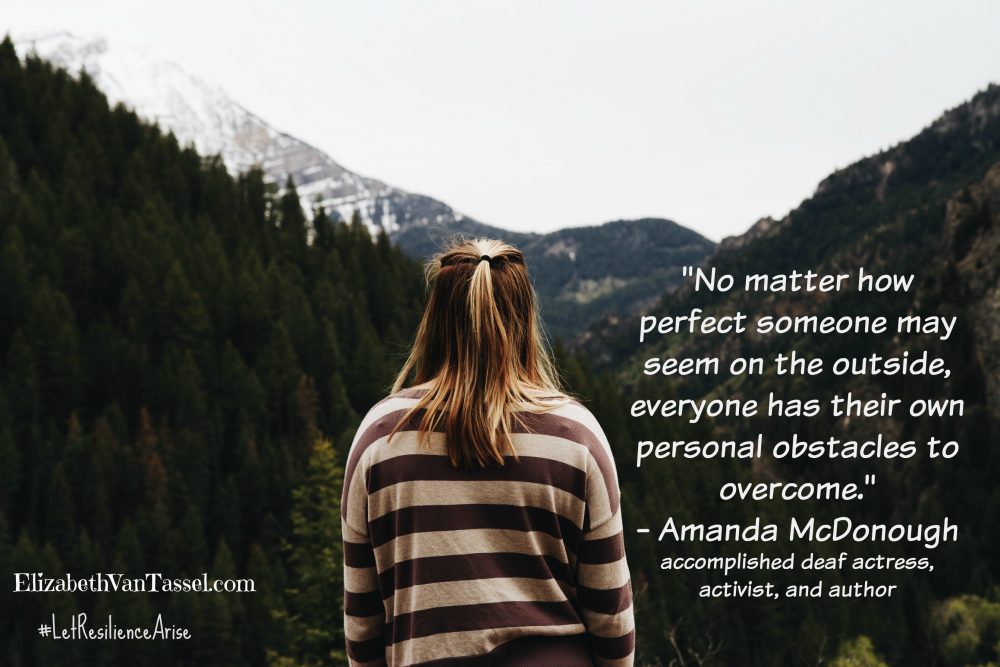
When I was in high school, I was drama club president, had straight A’s in my honors and AP classes, was the lead in all the school plays, sang in three different choirs, had plenty of friends, and spent my free time tutoring other students. On the outside I appeared to have it all together. I had brains, artistic talents, and strong social skills. Yet no one ever suspected that I had a huge a secret.
You see, when I was only four years old I was diagnosed with hearing loss. My parents had to sit their four-year-old daughter down, after I failed a series of hearing tests, and explain to me that I had lost something. I had lost something precious, something that everyone around me had, something that I could never get back; my hearing. I’ll never forget the look of pain on their faces as they explained this to me. I didn’t understand what hearing loss meant, but I understood that something bad had happened to me and that it had changed other people’s perception of me. People now looked at me with pity in their eyes. I was no longer like them, but something separate. Suddenly I was “different.” I didn’t want this change of perception to follow me to school or bleed into my group of friends. So, I decided to swear my parents to secrecy. I didn’t feel like a different person with hearing loss. So, I justified that: if I didn’t tell anyone, then they wouldn’t see me any differently, and therefore I wouldn’t be treated differently, which would mean that I wasn’t different anymore. Granted this wasn’t the healthiest way to deal with my loss, but it is the path I chose for myself at the time.
As I got older, my hearing gradually declined. Some days I would wake up and know I had lost another sound forever. Other days, it would take me half a day to realize that I could no longer hear birds chirping, rain falling, or my best friend’s voice. Doctors couldn’t tell me why I was losing my hearing, if my hearing loss would ever stop, or if I would become fully deaf. I lived my life in a constant, unrelenting fear of silence. I also lived in fear of others discovering my secret.
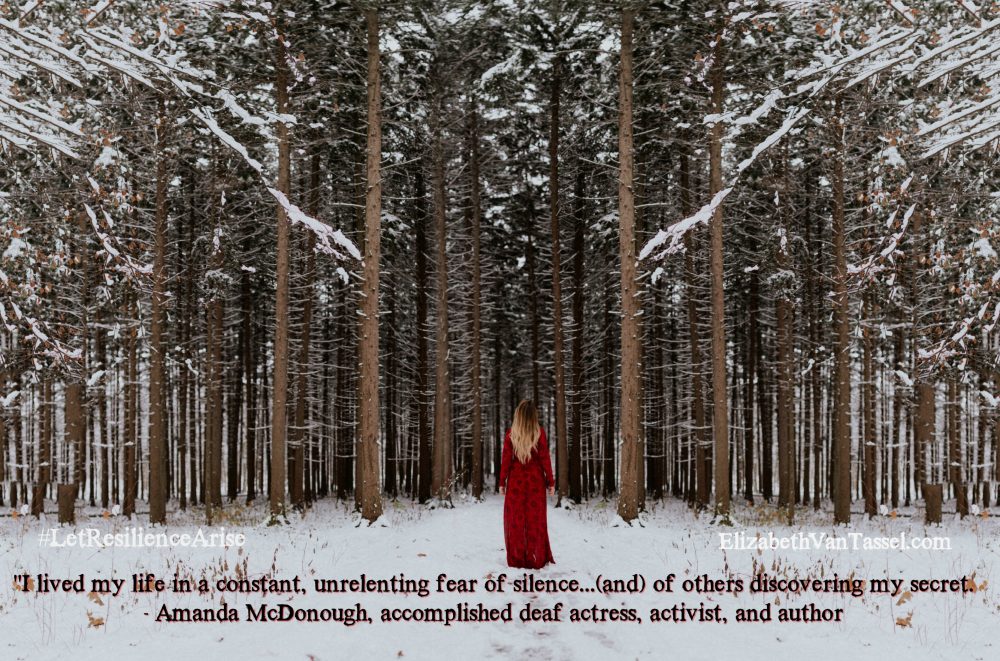
I came up with creative ways to compensate for my lack of hearing in elementary school, and hiding my hearing aids from my peers became a full time job. I wasn’t unhappy, but I wasn’t your typical care free kid. Every couple months my hearing would decline and I would have to process another loss and find new ways to adapt to no longer having access to particular sounds or frequencies.
By the time I was in high school, I had less than 50% of my hearing left. I privately struggled to communicate, to keep up in my classes, and to keep my hearing loss a secret from everyone around me. I could have given up, given into self-pity, or even expected less of myself because society labeled people like me “disabled.” Instead, I chose art and my future over self-pity. I used music and acting to channel my pain and loss. I may not have been able to control how well I did on hearing tests but I could control how well I did on school tests. I chose to work harder and never allow my “disability” to become an excuse for me not doing something.
Over the years this idea that my hearing loss was my burden to bear alone became engraved in my brain. I didn’t talk about it, not even with my family. I just saw it as an extra hurdle to overcome every day. I got more creative in my communication methods as my hearing continued to decrease and was able to hide my hearing loss from the world for 18 years.
I was succeeding in keeping my secret. However, what I didn’t realize at the time, was that by denying my hearing loss existed, by hiding it and not dealing with it, I was actually setting myself up for failure. You see, like most people, I relied on the hearing I had left for communication, understanding my surroundings, and functioning. Then, one morning, during the summer before my senior year of college, I awoke to find I had lost 100% of the hearing I had left in both ears. For the first time in my life I experienced complete silence. The one thing I had spent my entire life running from had caught up with me. I was surprised to find that I felt relieved. I had built up this horrible idea in my head that if I ever became deaf, that I would lose everything: my intelligence, my independence, my talent, everything that made me Amanda Marie McDonough. I was shocked to discover, that even though I may not have been able to hear anymore, I still had the same thoughts, feelings and opinions. I still had the same hopes, dreams and passions. I was still “me,” despite my greatest fear becoming a reality. Becoming “deaf” was terrifying and yet oddly peaceful at the same time.
I couldn’t hear anything, I couldn’t talk, I didn’t know sign language and I had very limited lip-reading skills. I spent the first few weeks only being able to communicate through writing. I carried a small white board with me everywhere I went, and people would write their questions, and I would write back my answers. I had no idea how I was going to go on living. For the first time in my life I was forced to face my hearing loss head on. I could no longer “act” hearing or fool people into believing I was just like them. How was I going to finish college? How was I going to communicate with the people around me? What kind of future would I have? These questions plagued my existence.
I gave myself a short grieving period. I wallowed in self-pity, while watching re-runs of NCIS all day long. Until one day, I realized that I couldn’t hide on that couch for the rest of my life. The world wasn’t going to go easy on me because I couldn’t hear. I wasn’t going to get my dreams handed to me on a silver platter. I knew I had to pull myself together and find a way to be successful on my own. So, I started teaching myself to lip-read, by using television shows and closed captioning to practice. I started teaching myself to talk again, by sitting in front of a mirror, mouthing words and feeling the vibrations of the sounds I was making bounce off the mirror. I searched for resources that could help me get through my classes without being able to rely on my ears and I found them. I never stopped studying, never stopped growing, and never let my deafness be an excuse for not accomplishing something. I had to work a million times harder than my peers but I still managed to graduate on time, in four years, with a double major and a 3.15 GPA.
I spent the next couple of years developing my deaf identity, learning sign language, and turning what everyone else saw as a “disability,” into a superpower.
Every human on this planet has their own obstacles that must be overcome. For me it was self-acceptance and adapting to hearing loss. Some people may be struggling with dyslexia, ADHD, they may be working through strained relationships, loss or anger. Whatever your obstacle is, here are some things to help you make it over your obstacles.
- Remember that for every problem there is a solution. It may not always be obvious but I promise you it exists. It’s up to you to find it. It is true “where there is a will, there is a way.” Train yourself to see the solutions instead of dwelling on the problem.
- Understand that it is okay to fail. We all do. I fail at something every single day. The trick is to never give up, no matter how many times you mess up.
- Be flexible. Things aren’t always going to go your way. Make the most of every situation and learn from them.
- Do one thing every day that brings you a step closer to your goals. It doesn’t have to be big thing, baby steps are still steps in the right direction. “Rome wasn’t built in a day” and no one makes their dreams a reality overnight.
- Be proud of every one of your accomplishments no matter how small they may seem. You earned each one of your victories and you should celebrate them.
To learn more about my personal journey, my deaf identity, and how I went from finishing my college degree to being an actress in television and film check out my upcoming book “Ready to Be Heard.” (www.ReadyToBeHeard.com) and my personal website (www.Amanda-McDonough.com). You can also find me on Facebook, Twitter (@ActingAmanda) and Instagram (@Amanda_McDonough)!
Interview with Amanda!
The story of Amanda McDonough, who was diagnosed with hearing loss at the age of 4. As she grew older her hearing steadily declined and she battled to hide her hearing loss from her family, friends, teachers, and the world. Despite facing unbelievable odds, she succeeded in getting straight A’s, having a successful child acting career, and being a social butterfly. But one day, during the most difficult part of her college career, she awoke to discover that the hearing she had left was gone. All of a sudden, she was unable to communicate with the people around her. She became isolated and had to find a way to come to terms with her hearing loss, accept that she was Deaf, and find a way to finish college without being able to hear. She found strength within herself and taught herself to talk again, to lip-read, and to use sign language. Join her on her journey to find a balance between the hearing world she was raised in and the Deaf culture she now belonged to.
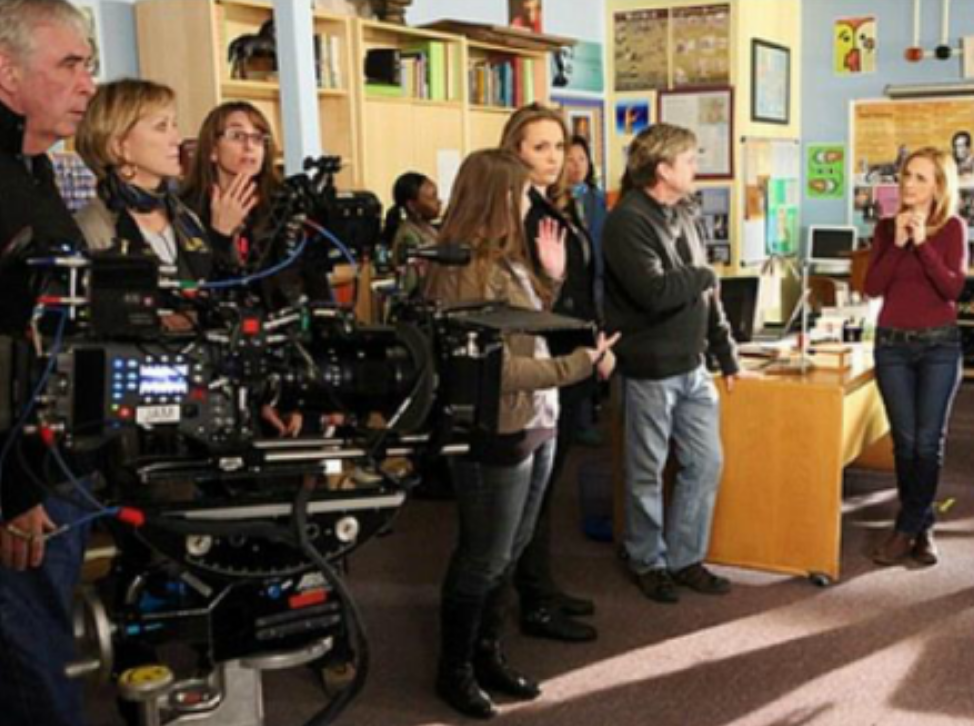
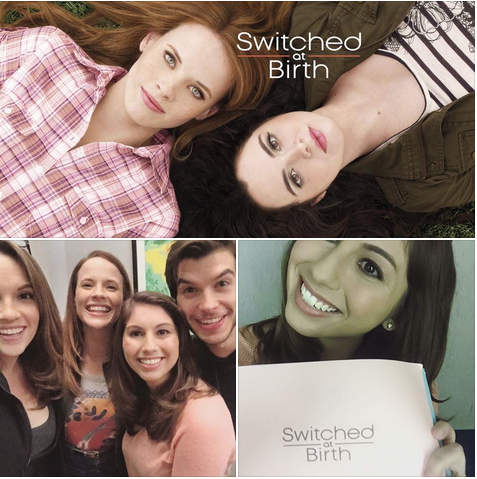
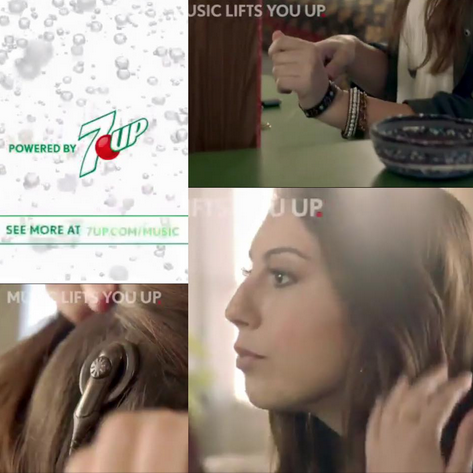
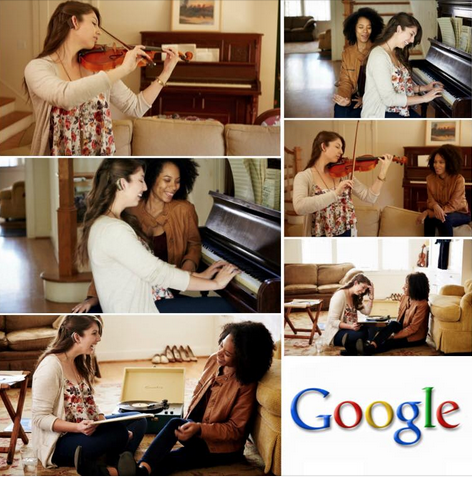
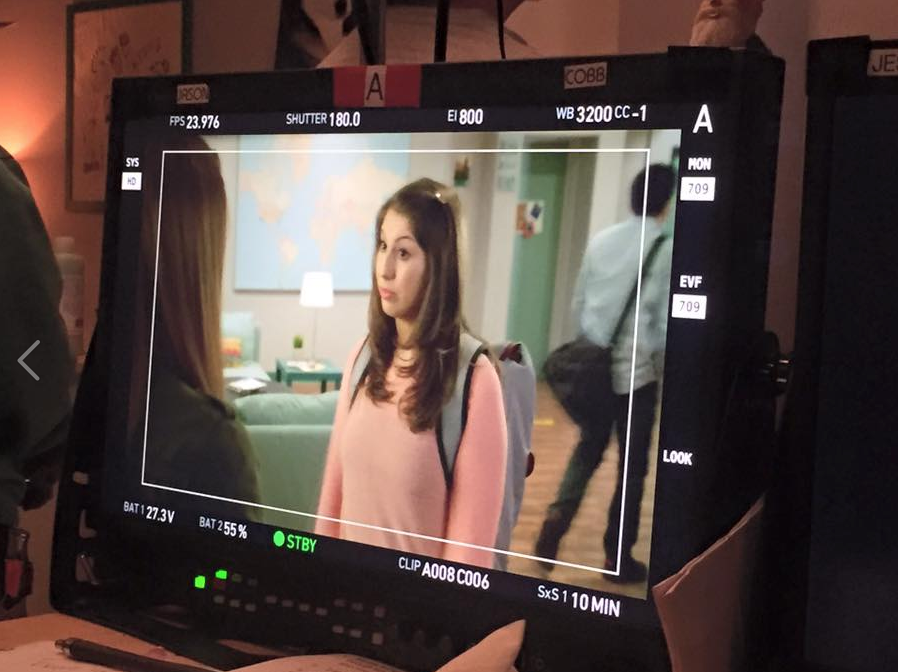
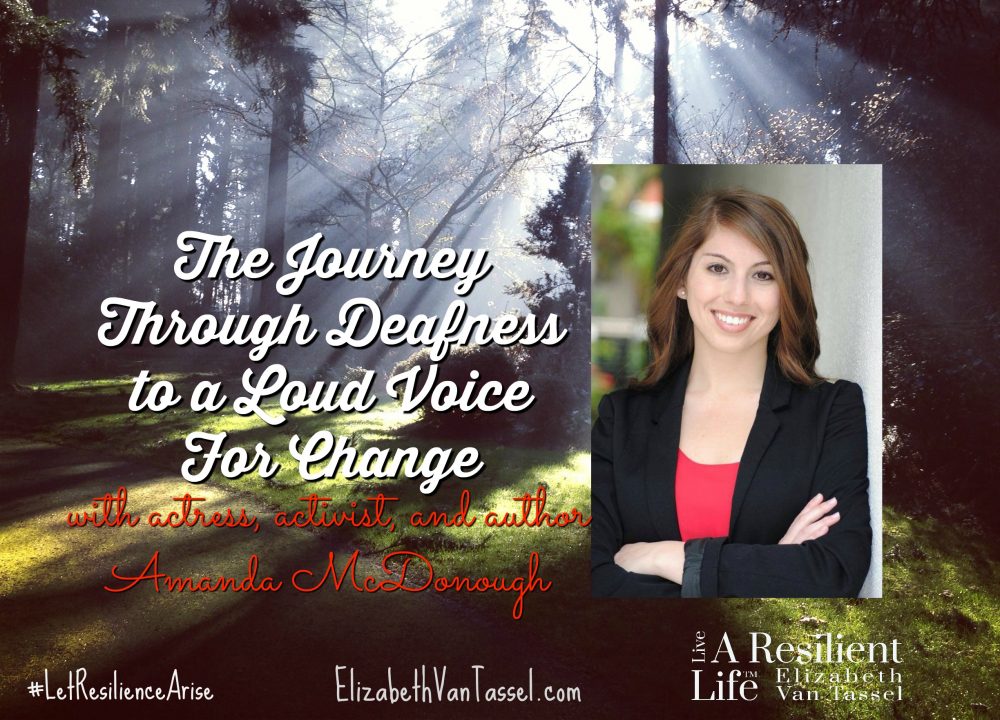
What is the Let Resilience Arise series all about?
Elizabeth Van Tassel is a wildfire survivor who lost every possession and her home in 2007. Since that time, she’s been cultivating fiction and nonfiction projects of her own to inspire kids and adults alike with her lessons. But she’s also developed a wonderful network of amazing authors in all different genres and professions who have compelling stories to boost you or perhaps a friend you know who’s struggling with a similar challenge. Subscribe to this blog for these articles and a monthly newsletter to come to your email or stop by again for more amazing stories. Also have your teens and tweens check out their own page and posts HERE. Want to share your story with others or have Elizabeth share hers with your group? Contact Elizabeth HERE and she’d love to discuss bringing lessons of hope and new beginnings to your group too.

Leave a Reply